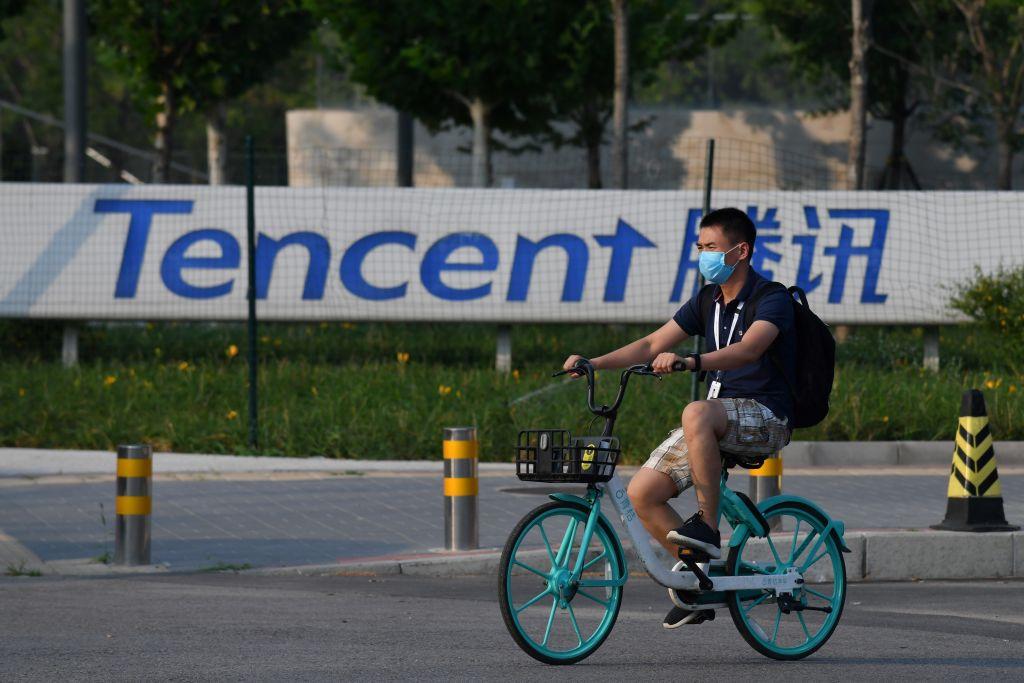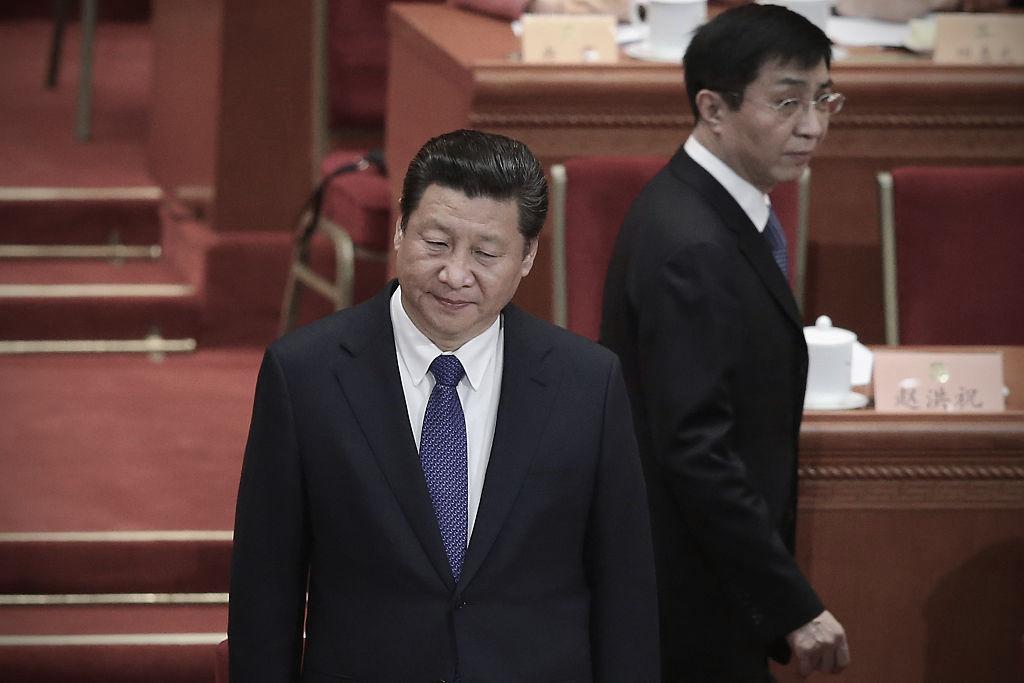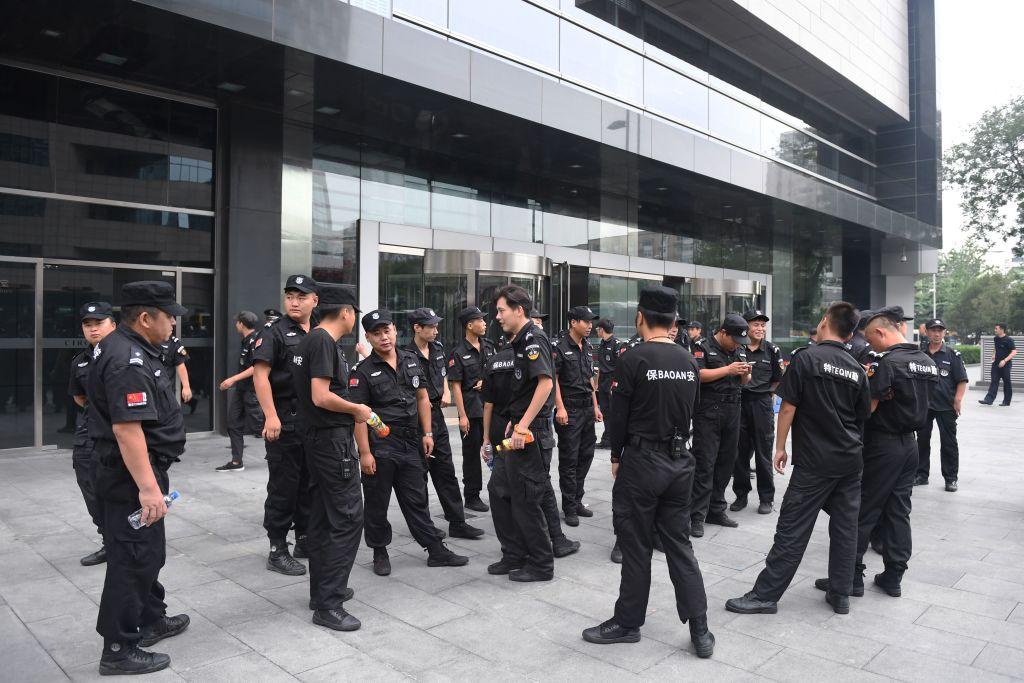Regulators recently interviewed 13 Chinese internet firms following a third interview of Ant Group. A China observer said power struggles inside the Chinese Communist Party (CCP) are behind these interviews.
Among other issues, supervision of the shareholding structure and capital was reportedly emphasized in the interviews.




